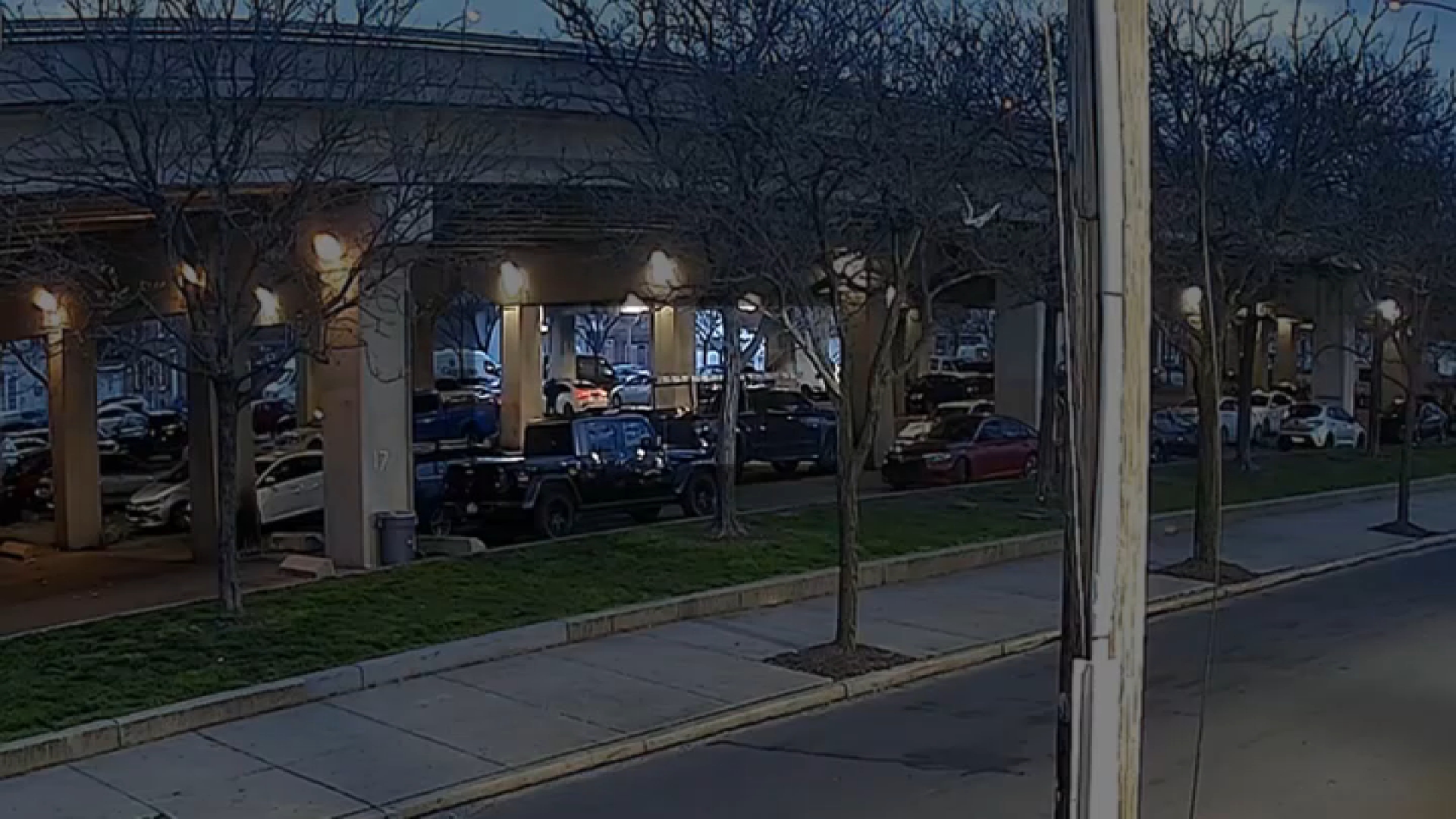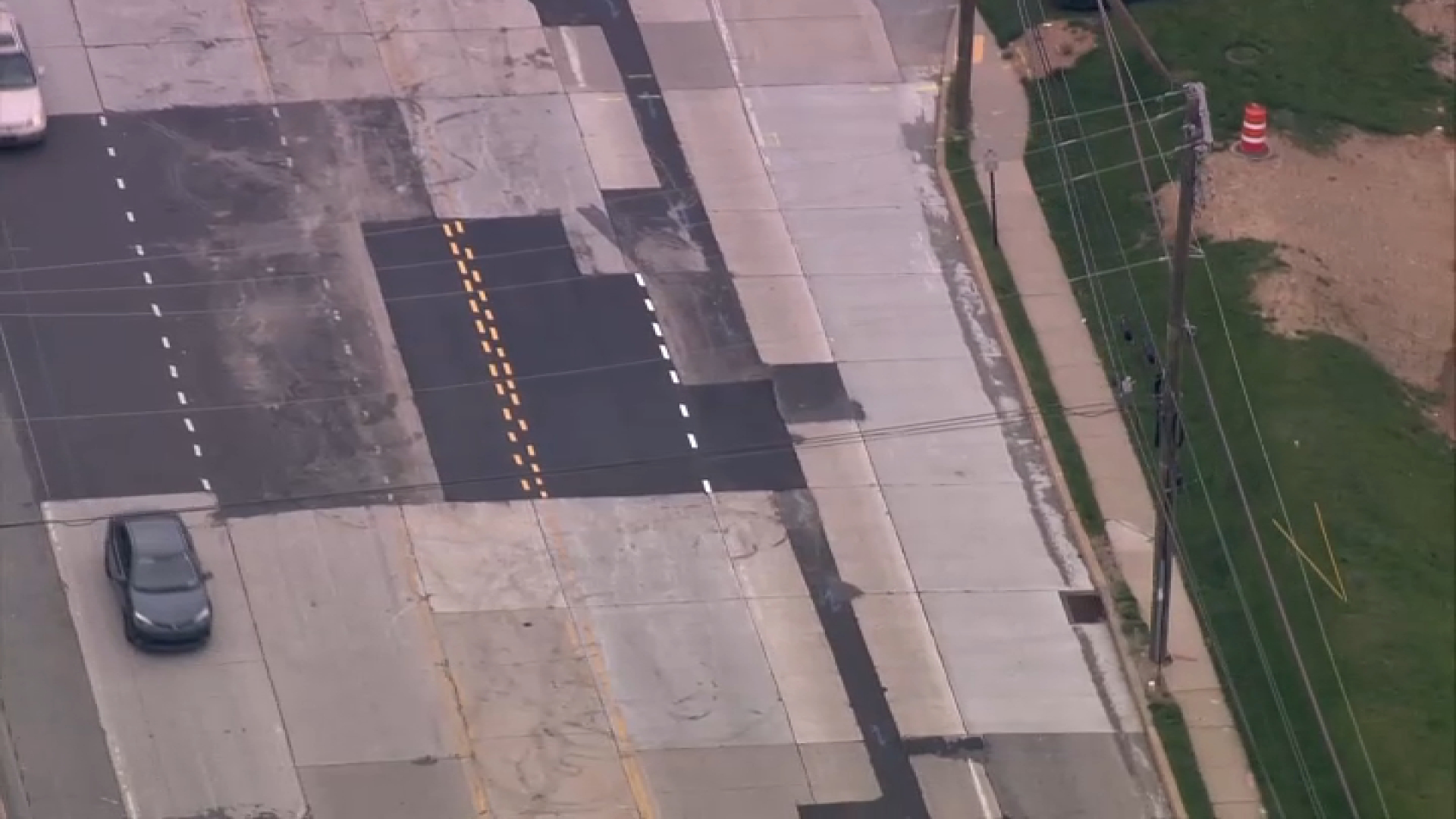Two years after New Jersey turned over some state lottery functions to a private venture under a controversial long-term deal, lawmakers are questioning why revenues have not met expectations and whether the privatization contract is worth it.
The Senate Legislative Oversight Committee announced yesterday that it will hold a hearing on October 19 to review New Jersey’s deal with Northstar New Jersey to address concerns raised in recent weeks about fees Northstar is collecting even as it has failed to meet net-revenue targets. An Assembly committee is also scheduling a hearing on the deal.
The New Jersey Lottery reported record revenues during the 2015 fiscal year, which ended June 30, but also disclosed it could be distributing less money to state programs — including funding for colleges, aid to college students and funds for psychiatric hospitals — than required by law.
Senate Legislative Oversight Committee Chairman Robert Gordon (D-Bergen) said he’s concerned about New Jersey’s deal with Northstar and the projected shortfalls, but he also cited a recent decision by Illinois to part ways with Northstar as revenues lagged there as well.
“There is a real question as to whether lottery privatization is paying off anywhere,” he said.
Officials from the state Department of Treasury, the state lottery and Northstar have all been invited to appear before the committee, Gordon said.
Gov. Chris Christie’s administration awarded a 15-year contract to Northstar in 2013, privatizing advertising and sales functions in what was promoted at the time as a move to improve efficiency while also providing better value for state taxpayers.
But many Democrats in the Legislature, as well as public-employee union officials, opposed the deal from the beginning, raising political-favoritism concerns after lobbying records showed GTECH, a partner in the venture that makes up Northstar, used firms with close ties to Christie for lobbying and public affairs in the run up to the contract award.
Local
Breaking news and the stories that matter to your neighborhood.
The contract with Northstar, which provided the Christie administration with a $120 million upfront payment, also came as the governor was struggling to close a sizable budget shortfall without raising taxes on the eve of his 2013 bid for re-election.
Other concerns were raised about the potential for shortchanging state programs. Although Northstar was required to follow the state law that says at least 30 percent of the state lottery’s revenues must go to specific programs, it also allows the company to take up to 5 percent of the system’s net income.
Because the deal went through the Department of Treasury in the executive branch, lawmakers had no say at all and were powerless to block the deal.
Christie later vetoed legislation that would have placed tighter controls on big state privatization contracts.
The Northstar deal came as part of an aggressive privatization agenda that Christie had pursued in the wake of a 2010 report issued by his administration that said the state could save more than $200 million by privatizing services provided in-house by numerous state departments.
An analysis of unaudited NJ Lottery budget documents published last month by The Record newspaper of Bergen County determined that about $100 million in fees and reimbursements for Northstar had eaten into a record-setting $3 billion in sales during the last fiscal year. That would leave about $930 million for state programs that are supported by lottery revenues, less than the $965 million provided during the 2014 fiscal year and the $950 million turned over during the 2013 fiscal year.
A Treasury spokesman told NJ Spotlight last month that the precise figure for the 2015 fiscal year won’t be known until a final audit is completed.
Last month, in the wake of The Record’s report, Assembly Budget Committee Gary Schaer (D-Passaic) said his panel would hold a hearing to determine whether the Northstar contract is a good deal for taxpayers. That hearing, he said, would be held after the Assembly reconvenes following the November election, in which all 80 seats in the Assembly are on the ballot.
Schaer said Northstar was unable to meet contractually stated revenue projections in both the 2015 fiscal year and the portion of the 2014 fiscal year after it took over advertising and sales operations, leaving a combined shortfall of more than $160 million.
And NJ Spotlight, citing the New Jersey Lottery's own report for the 2014 fiscal year, reported that Northstar missed a projected $761 million net-income target by $55 million during the nine months it handled advertising and sales functions that year. The contract with the state calls for Northstar to pay penalties for missing its targets, and it was assessed a $14.1 million penalty as a result.
But the penalty was covered by some of the $120 million Northstar had already paid the state in 2013 because the terms of the contract offered some $20 million in allowances to cover potential gaps in sales. Northstar can also use another nearly $6 million of those allowances to help defray any potential penalty for the 2015 fiscal year, according to the contract.
Gordon, the Senate committee chairman, said the hearing on October 19 will also review the broader privatization issue, and whether the state is up to the task of monitoring such large contracts. He cited problems the state has had with private companies handling some of the recovery efforts in the wake of Superstorm Sandy in 2012 as another reason to broaden the scope of the hearing.
“We are inviting experts familiar with best practices in contract management to examine the state’s procedures to make recommendations on how we can improve our oversight of major contracts,” he said.
Officials from Treasury and Northstar did not respond to requests for comment yesterday.



